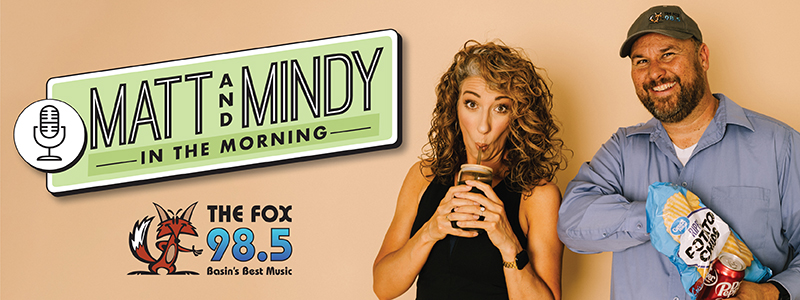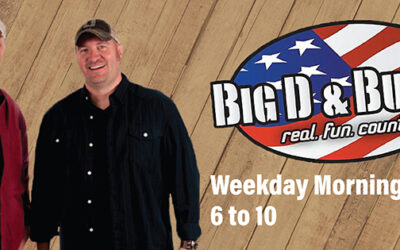Utah Division of Wildlife Resources officials are reminding the public, do not feed deer or other wildlife. There are several reasons that it is highly discouraged, including public safety concerns, the spread of chronic wasting disease, and potential harm to wildlife from introducing foods not in their diets, particularly during winter months. “Help yourself and the wildlife by allowing them to remain wild, and avoid conflicts by not feeding them,” says DWR Big Game Coordinator Covy Jones. Chronic wasting disease is a relatively rare, but fatal transmissible disease that affects the nervous systems of deer, elk and moose and is found in northeastern Utah. “Because the disease is so contagious, it is essential that residents do not feed deer or put out food that will attract them,” shares DWR Veterinarian Ginger Stout. “This includes putting out corn, hay, dog food or birdseed that deer might easily access. Although it may seem like a beneficial thing to do during the winter months, feeding deer actually accelerates the spread of chronic wasting disease because it causes the deer to congregate.” Whenever someone feeds wildlife, those animals will frequently return to that area in search of food.



